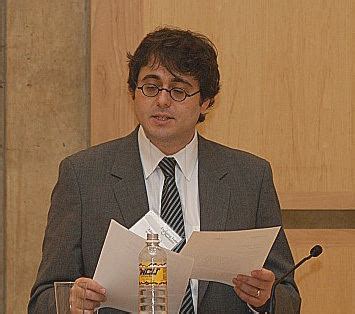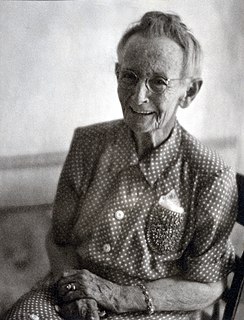A Quote by Rollo May
Memory depends mainly upon myth. Some even occurs in our minds, in actuality or in fantasy; we form it in memory, molding it like clay day after day - and soon we have made out of that event a myth. We then keep the myth in memory as a guide to future similar situations.
Related Quotes
Myth was regarded as primary; it was concerned with what was thought to be timeless and constant in our existence. Myth looked back to the origins of life, to the foundations of culture, and to the deepest levels of the human mind. Myth was not concerned with practical matters, but with meaning. Unless we find some significance in our lives, we mortal men and women fall very easily into despair. The mythos of a society provided people with a context that made sense of their day-to-day lives; it directed their attention to the eternal and the universal.
But pain may be a gift to us. Remember, after all, that pain is one of the ways we register in memory the things that vanish, that are taken away. We fix them in our minds forever by yearning, by pain, by crying out. Pain, the pain that seems unbearable at the time, is memory's first imprinting step, the cornerstone of the temple we erect inside us in memory of the dead. Pain is part of memory, and memory is a God-given gift.
Science and Technology revolutionize our lives, but memory, tradition and myth frame our response. Expelled from individual consciousness by the rush of change, history finds its revenge by stamping the collective unconscious with habits, values, expectations, dreams. The dialectic between past and future will continue to form our lives.
It is true that one of the first acts of tyrants is to erase history, to wipe out the recorded memory of a people. With that in mind, it's important to remember that the work that we do as writers, artists and performers will form an essential part of the collective memory that future generations will draw upon. And so we owe it to those future generations to defend that memory and be honest witnesses to our times.
Dream is personalized myth, myth is depersonalized dream; both myth and dream are symbolic in the same general way of the dynamics of the psyche. But in the dream the forms are quirked by the peculiar troubles of the dreamer, whereas in myth the problem and solutions shown are directly valid for all mankind.





































